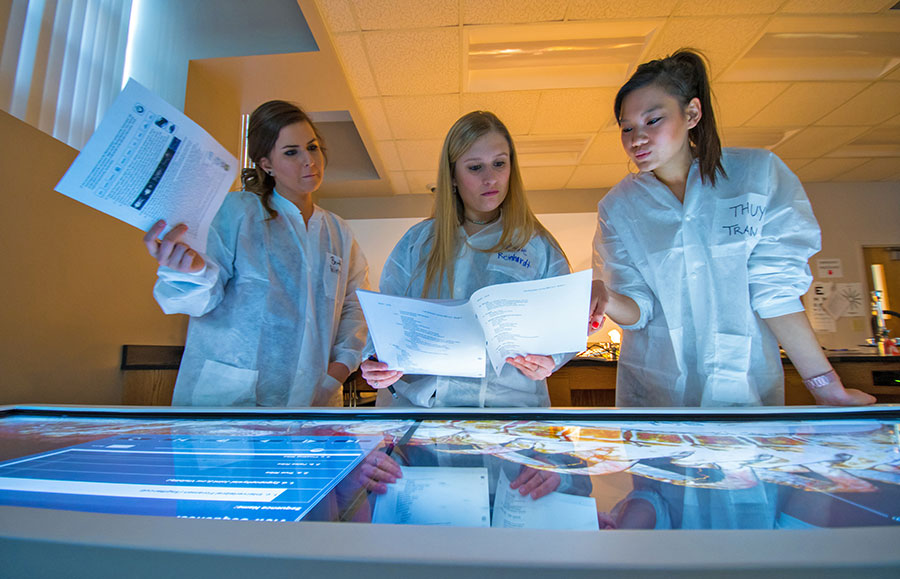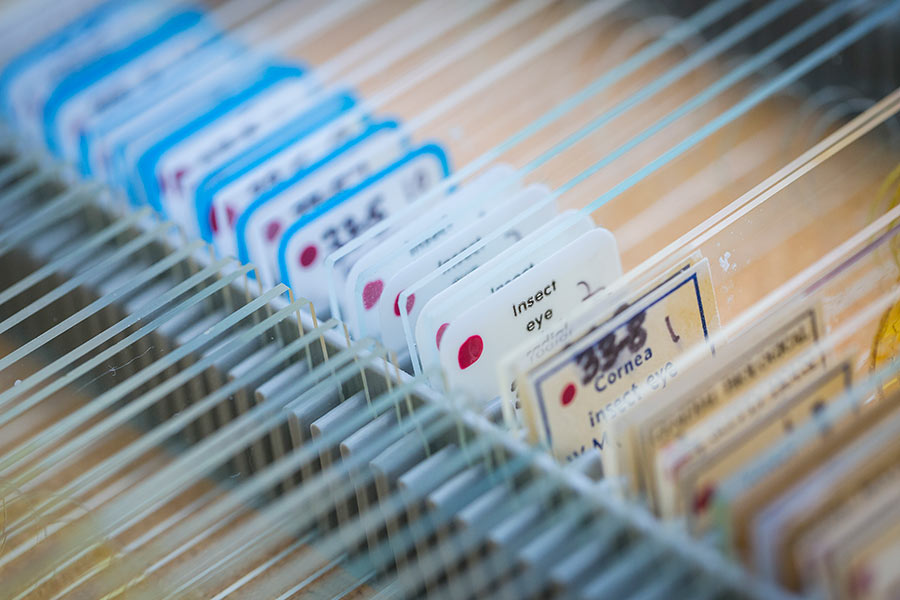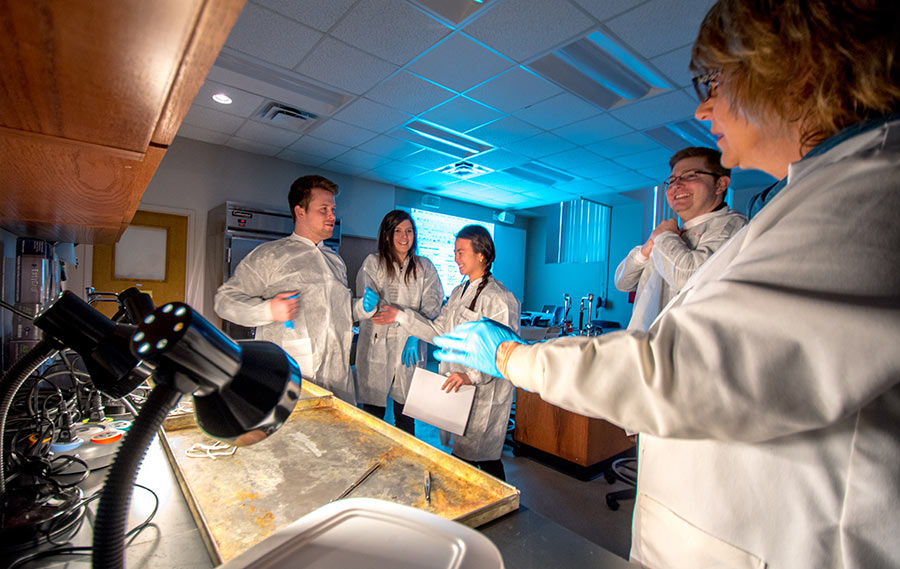The interdisciplinary Forensic Science minor integrates multiple scientific disciplines, preparing students for a career that has clear implications in pursuing social justice within the community.



Why Forensic Science at the Mount?
Biology and chemistry majors who choose the forensic science minor will better understand the applications of science to the legal system and have a strong foothold in the basics to prepare them for employment or graduate studies in forensic science.
Criminology and criminal justice students interested in law enforcement or other career areas will enhance their professional potential by having a stronger understanding of the forensic sciences. Other interested students who pursue this major will gain a general understanding of how the natural and behavioral sciences aid the civil and criminal legal systems in the pursuit of justice.
Together, the two forensic science courses in the minor explore the areas of crime scene investigation, evidence collection and analysis, and forensic science in the courtroom. Both courses are laboratory-based and use hands-on activities to enhance student learning.
Specific topics include:
- Trace evidence
- Questioned documents
- Bloodstain patterns
- Forensic chemistry
- DNA typing
- Accident reconstruction and firearms
- Forensic pathology
- Anthropology
- Dentistry
- Entomology


 Eric Johnson
Eric Johnson